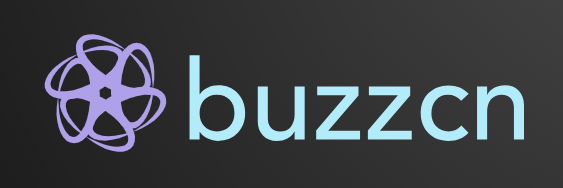DeFi: The Rise of Decentralized Finance and Its Impact on Traditional Banking
DeFi: The Rise of Decentralized Finance and Its Impact on Traditional Banking
In recent years, Decentralized Finance (DeFi) has emerged as one of the most revolutionary sectors within the blockchain and cryptocurrency landscape. Combining the principles of decentralization with financial services, DeFi has opened the doors for a new financial system that operates without the need for traditional intermediaries like banks and brokers. This paradigm shift is not only transforming how individuals manage their finances but also posing significant challenges and opportunities for traditional banking institutions.
What is DeFi?
Decentralized Finance, or DeFi, refers to a broad range of financial applications and services built on blockchain technology. Unlike conventional finance, where transactions are mediated by centralized entities such as banks, DeFi platforms operate through smart contracts on blockchain networks, primarily Ethereum. This allows for peer-to-peer transactions, lending, borrowing, and trading without third-party intervention, making financial services more accessible, transparent, and efficient.
The Core Principles of DeFi
The rise of DeFi can be attributed to several core principles:
-
Transparency: All transactions on DeFi platforms are recorded on a public ledger, which means that users can easily verify and audit the processes involved.
-
Accessibility: DeFi is accessible to anyone with an internet connection, breaking geographical barriers and enabling a wider array of people to participate in financial services.
-
Programmability: Smart contracts allow for automated transactions and processes, reducing the need for intermediaries.
- Security: While risks remain, the decentralized nature of blockchain technology reduces the risk of systemic failure that can occur in centralized systems.
The Impact on Traditional Banking
As DeFi continues to gain traction, its impact on traditional banking is becoming increasingly apparent:
1. Disintermediation of Financial Services
DeFi enables users to lend, borrow, and earn interest on their assets directly through smart contracts, effectively bypassing banks and financial institutions. This disintermediation poses a threat to traditional banks, which rely on transaction fees and interest from loans for revenue.
2. Increased Competition
As DeFi platforms begin to offer competitive rates for savings, loans, and investments, traditional banks may feel pressure to lower their fees and improve their services. This competition can result in better rates for consumers but may also strain the profitability of established financial institutions.
3. Innovation in Financial Products
DeFi is driving innovation by creating new financial products that may not have been feasible within the traditional banking framework. Concepts such as yield farming, liquidity mining, and decentralized exchanges offer unique investment opportunities that traditional banks are only beginning to explore.
4. Regulatory Challenges
The rise of DeFi presents significant regulatory challenges. Traditional banks operate under strict regulatory frameworks, but DeFi’s decentralized nature complicates enforcement. Regulatory bodies worldwide are grappling with how to classify and regulate these platforms, which could lead to new laws affecting both DeFi and conventional banking systems.
5. Customer Relationship Dynamics
DeFi shifts the customer relationship model, as users can interact with platforms directly, leading to a potential decrease in customer loyalty towards traditional banks. Given the convenience and transparency offered by DeFi, banks may need to rethink their customer engagement strategies.
Conclusion
The rise of Decentralized Finance is more than just a trend; it represents a fundamental shift in the way financial services are provided. As DeFi continues to evolve, traditional banks will need to innovate and adapt to this new landscape to remain relevant. While challenges arise, the promising aspects of DeFi could lead to a more inclusive, efficient, and transparent financial system that benefits everyone.
As we move forward, both the DeFi space and traditional banks will likely engage in a transformative dialogue, leading to an integrated financial ecosystem that could redefine the future of finance.
Tags for SEO: DeFi, Decentralized Finance, Traditional Banking, Blockchain Technology, Financial Services, Smart Contracts, Peer-to-Peer Transactions, Cryptocurrency, Financial Innovation, Regulatory Challenges.
